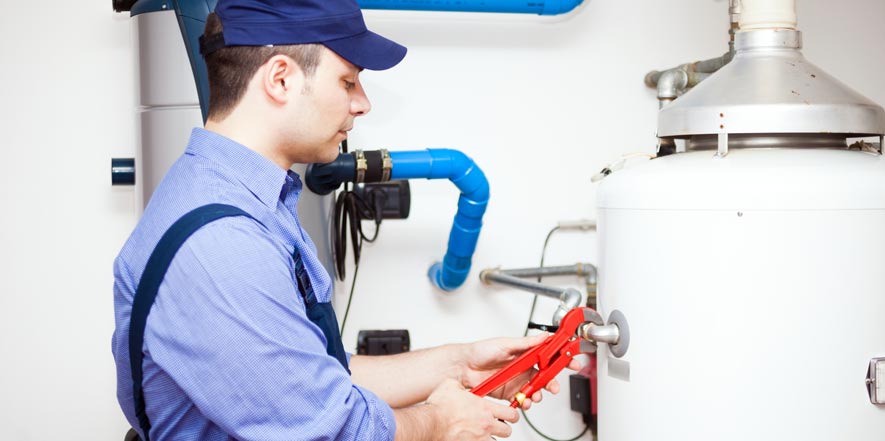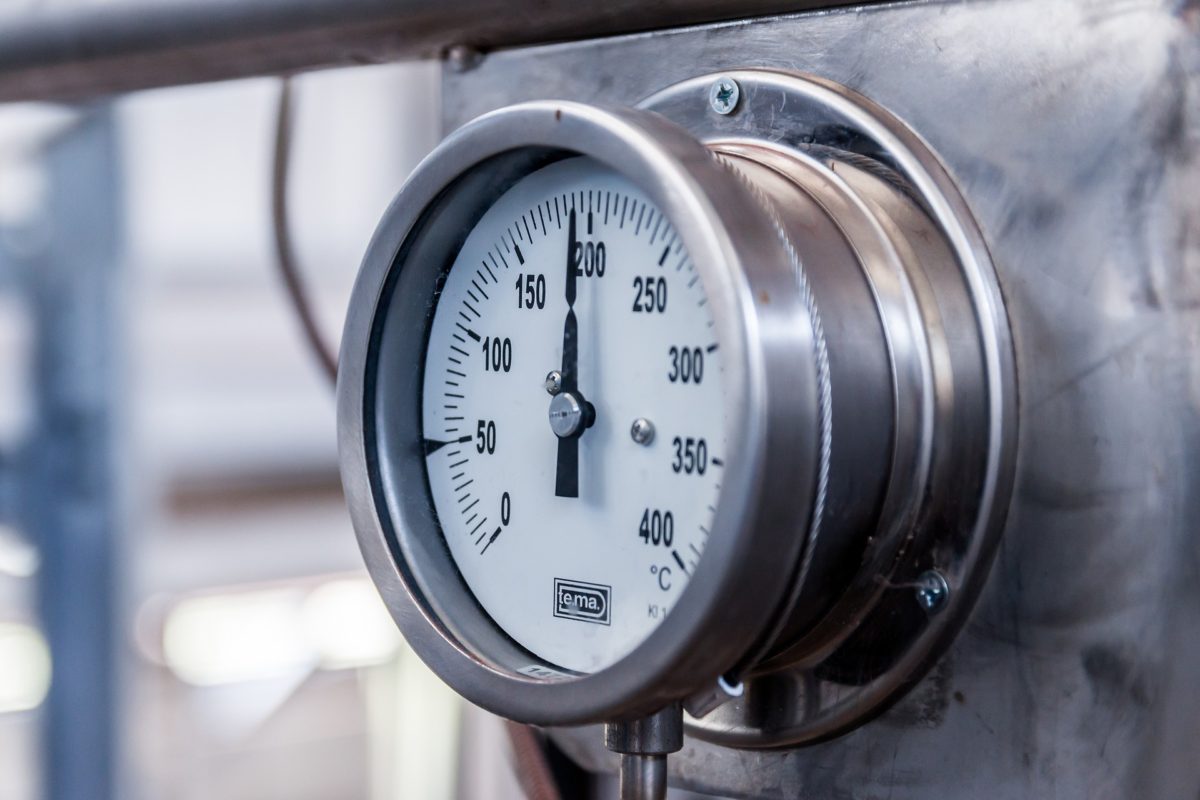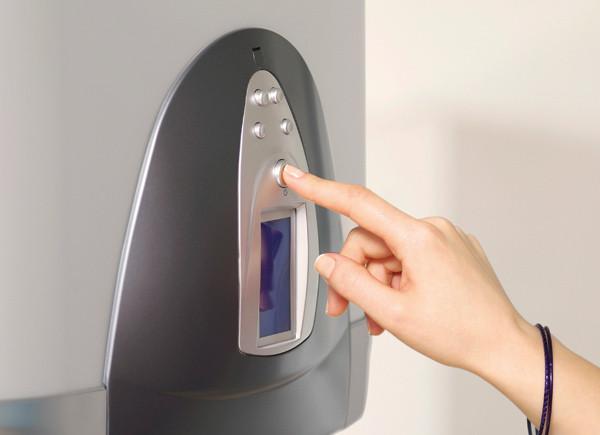Boiler Emergencies: Why They Happen & How To Handle Them
Boilers are essential home appliances, but they’re also incredibly complex, so when an error code appears on the coldest winter night, most homeowners are on the verge of a panic attack. A boiler breakdown can be one of the most serious issues you might have to deal with, not just because living without heat and hot water is very inconvenient, but also because a malfunctioning boiler can pose a major safety hazard. There’s no such thing as a good time for a boiler to break down. Sometimes, it feels like it waited specifically for the weather to get cold so it could stop working! Actually, most boilers do malfunction in winter, but this is not just a coincidence. There’s a simple reason why this happens and you can learn how to prevent and manage boiler emergencies so your family can be safe and warm.
Why do boilers break down in winter?
Boilers work at maximum capacity during the cold months, so it’s normal for them to break down after a long time of inactivity. 24/7 activity puts a strain on the internal components, increasing the risk of errors and malfunctions. In the case of older appliances, the risk is increasingly higher, because the internal parts have already been affected by daily wear and tear.
When a boiler is turned on constantly, the parts have to resist incredibly high temperatures and mechanical stress, so the older the boiler, the more unreliable it may become.
Apart from old age and continuous use, faulty installation is another problem that can cause malfunctions. In theory, all boilers should be installed by a professional, strictly following the manufacturer’s instruction, but if your boiler was installed by an unauthorized party or you tweaked some of the components yourself, this could cause some trouble.
So, does this mean you have to replace your boiler every five years or so and resign yourself to the idea of regular emergencies?

Boiler maintenance can save the day
Not at all. With boiler inspection and maintenance, you can identify malfunctions before they happen and fix the issue before it becomes too serious. Many homeowners postpone boiler maintenance thinking that it’s not necessary and that they’re saving money, but in reality, maintenance saves you money. You may be paying a small fee for the inspection or potential
repairs, but they are considerably cheaper compared to the cost of fixing a major breakdown. Plus, it will spare you the panic of being left in the cold with no hot water for a couple of days. Some manufacturers also ask for maintenance to preserve the warranty, so that’s another good reason to call your local contractor now.
Ideally, boilers should be checked two times a year, before and after the cold season, but you should call sooner if the appliance makes any strange noises, the water takes too long to heat, or your house doesn’t seem to be as warm anymore.
As always, prevention is better than treatment, so it’s a good idea to know whom to call when something goes wrong. You won’t have time to do any research when your boiler starts leaking at 2 in the morning, so make sure you find a good contractor in advance. Also, solutions like the Corgi HomePlan Boiler Cover are a good idea, because offer a 24-hour emergency helpline and also offer training on the most frequent boiler problems.

How to handle boiler problems
Like any appliance, boilers can be unpredictable. Even if your boiler is brand new and you’ve just had it inspected, accidents can happen. Extreme freezing temperatures of mechanical damage can make your appliance malfunction and, when that happens, it’s important to stay calm and learn how to fix it as soon as possible.
First of all, it’s important to make the difference between a boiler emergency and a minor problem.
For example, if the top part of your radiators is cold, this can easily be fixed by bleeding the radiators.
Many errors also disappear once you reset your boiler, so follow the steps in your instruction manual to see if it works.
Loss of water pressure is another common problem. Look at the indicator on the front of your boiler. If it shows below one bar, then you need to open the valves and let the water fill the system until the indicator shows no more than two bars.
Sometimes, the problem can be as simple as a blown fuse or a low battery thermostat that stopped sending signals to the boiler, so make sure you check the most common problems before thinking of the worst-case scenario.
However, if you smell gas, your boiler is leaking directly from the tank, or it’s kettling (making loud, banging noises), it’s best to call the emergency service and disconnect the boiler from the main power supply. Sometimes, a leak can be caused by nothing more than just condensation, but you shouldn’t risk your family’s health and safety.



Thanks for explaining why boilers can break down in the winter. My uncle just mentioned that his boiler went out and needs to get it fixed. He’s hoping to find a professional who can get the right parts and fix it for him.
Interesting article, thanks.
I have also noted that boiler usually get broken during winters, and thanks for explaining in detail. Very useful information to get understanding of how one can handle boiler emergencies.
Keeping you warm and safe when you need it the most…